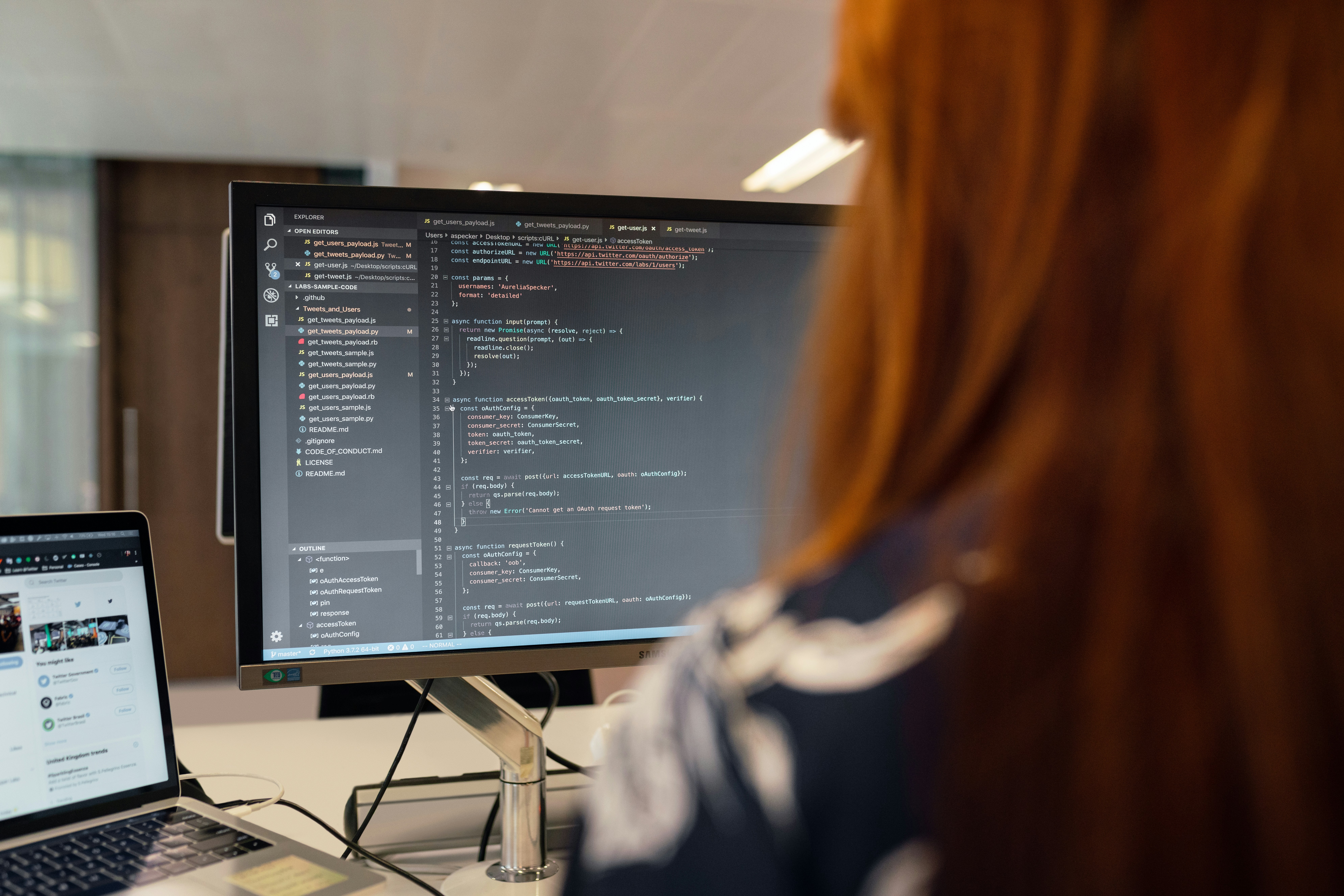Learning to code might seem daunting, but with the right resources and dedication, you can absolutely teach yourself. This guide provides a comprehensive roadmap to answer your question: “Can I Learn Coding On My Own?” We’ll explore various learning methods, from interactive courses to engaging projects, ensuring you find the perfect path for your coding journey.
Free Online Coding Courses: Your Gateway to Coding Knowledge
The rise of online learning platforms has made coding education more accessible than ever. These platforms offer structured learning paths, often for free, making them an ideal starting point for aspiring coders.
Popular Online Coding Platforms:
-
Codecademy: Interactive lessons in various languages like Python, JavaScript, and HTML/CSS, making coding concepts easy to grasp. Codecademy offers a freemium model with optional paid subscriptions for additional features.
-
FreeCodeCamp: A non-profit offering free coding lessons, projects, and certifications in web development, data science, and more, with a strong emphasis on practical experience and community learning.
-
Udemy: A vast library of coding courses, from beginner to advanced, often available at discounted prices. Udemy offers both individual courses and subscription options.
-
Coursera: Partnering with top universities and organizations, Coursera provides structured courses, often leading to certificates or degrees, covering both fundamental and advanced coding topics.
-
edX: Similar to Coursera, edX collaborates with academic institutions to offer a wide range of coding courses, from introductory to specialized topics, with options for certificates and degrees. Financial aid is available for eligible learners.
Beyond Online Courses: Diversify Your Learning Experience
While online courses offer a structured approach, exploring other avenues can enrich your learning journey.
Deep Dive with Coding Books:
Books provide in-depth knowledge and a structured learning path. Consider these recommendations:
-
“The Self-Taught Programmer” by Cory Althoff: A guide for aspiring professional programmers, covering foundational concepts and the realities of a coding career.
-
“Code Complete” by Steve McConnell: A comprehensive guide to software development best practices, invaluable for building robust and maintainable projects.
-
“Cracking the Coding Interview” by Gayle Laakmann McDowell: Focuses on problem-solving skills and common technical interview questions, preparing you for coding job interviews.
Leverage the Power of Coding Videos:
Visual learners can benefit from coding tutorials and explanations on platforms like YouTube.
-
Khan Academy Computing: Offers foundational programming concepts and tutorials on their website and dedicated YouTube channel.
-
Targeted YouTube Searches: Search for specific programming languages, concepts, or project tutorials to find tailored learning resources.
Engage with Interactive Coding Games:
Learning through play can be highly effective. Interactive coding games provide a hands-on approach to learning fundamental coding concepts while having fun.
Hands-on Learning with Coding Projects:
Practical application solidifies theoretical knowledge. Start with simple projects and gradually increase complexity.
-
To-Do List: A classic beginner project to practice fundamental programming concepts and user interface development.
-
Weather App: Learn to interact with external APIs (Application Programming Interfaces) by building a weather application.
-
DevProjects by CodeMentor: Find project prompts and receive feedback on your code to enhance your skills.
The Power of Community: Connect and Learn Together
Join online coding communities for support, feedback, and networking. Platforms like Stack Overflow, GitHub, and Facebook groups offer valuable connections with fellow learners and experienced coders.
Conclusion: Embrace the Coding Journey
Learning to code independently is achievable and rewarding. With a wealth of resources available, consistent effort, and a supportive community, you can transform from a beginner to a proficient coder. Remember that learning is a continuous process; embrace challenges, celebrate successes, and enjoy the journey.
FAQs: Addressing Common Coding Questions
Can you learn to code by yourself?
Yes, numerous resources and communities support self-taught coders.
Does coding require maths?
While advanced coding fields might utilize math, basic coding doesn’t require extensive mathematical knowledge. Logical thinking and problem-solving skills are more crucial.
How do I start coding from zero?
Define your goals, choose a programming language, and utilize online courses, books, and interactive platforms to begin your learning journey.
How many hours should I code a day?
Consistency is key. Aim for 2-4 hours daily, but prioritize regular practice over intense bursts. Remember, it’s a marathon, not a sprint.
